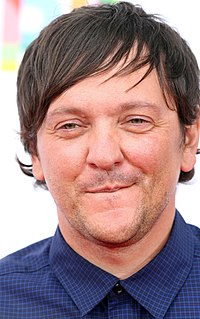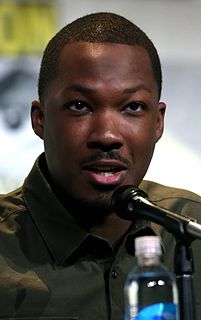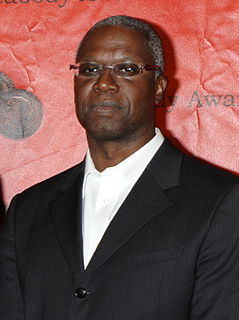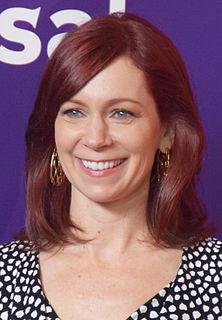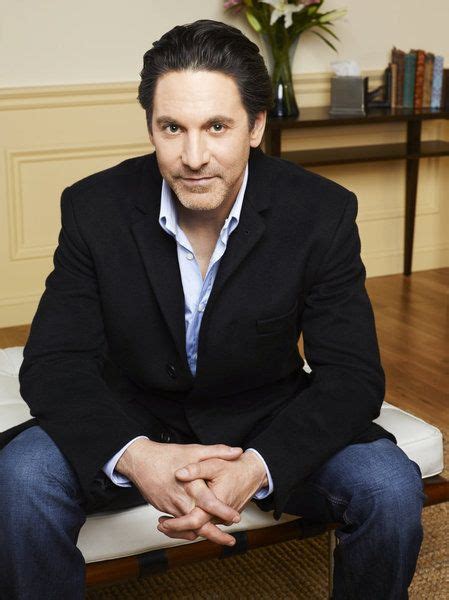A Quote by Marshall Allman
You can't judge a character that you're playing, because then you're fighting against doing what the character's doing.
Related Quotes
I started doing comedy just as myself, because I thought, "This is what's expected, you're meant to tell stories and do observations." And then I started to realize that I wanted to mix it up a bit, so I started to doing songs, and I had a little keyboard onstage and would bring in little props. Then I thought about the idea of talking about a character and becoming the character onstage. So, it sort of morphed into being stand-up that was more character based, and I found that's the stuff I got the better reaction from and was more exciting for me.
This is a corny actor thing to say, but the first step is that you can't judge the character that you're playing. If it's built in three-dimensional fashion, you'll just play a character who's going out and seeking the best version of their life that they can find. That gives the character an accessibility that everyone can identify with.
When you're no longer seeing yourself, in some ways. You're as close to being as you can be.I suppose that's consistent with the moment that the mind actually turns off, and is no longer questioning what you're doing. When the questions stop, that's when the real acting takes over. And trying to get to the point where the questions stop, "Would I do this? How do I feel about that as a character?" When those stop, and it's just doing X, Y, and zed, because that's what you'd do as this character, because you're inside this character somehow - that's when it really kicks off.
I try to discover the character's primary motivation. In a screenplay, you can make up a hundred different variables of a character. Is he there for love or respect, or is he there out of fear? What's he doing? Why is he doing it? Then I can build on the intricacies. Does he pick his fingernails? Does he always do this when he's lying? All the little things that come with it. But it's also like, if you're doing a caricature and you're like, "I want to do a blue-collar guy from Jersey," you have to go and do the research on the region, the who, what and why.





